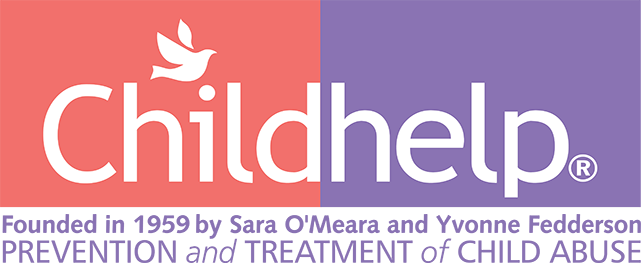
Discipline at Different Ages
Discipline at Different Ages
Try to think of discipline more as teaching rather than punishment. The most effective discipline makes sure that children are capable of meeting the expectation, understand the expectation, and can learn from the consequences when they do not follow through.
This is done best by considering the developmental age of the child:
TODDLERS
Toddlers especially crave attention, so give your child attention and praise when they follow instructions and show positive behavior and do not give attention for defiant or negative behaviors like tantrums.
Review with your child acceptable ways to show that they are upset. Remember, don’t just catch them being bad, try to catch them being good too.
SCHOOL AGE
Communication is key! Talk to your child about friendships, working/talking out disagreements with friends, school likes and dislikes, respecting others, consequences of actions etc.
Make clear rules and boundaries and stick to them, such as how long your child can watch TV, play a video game or what their bedtime is. Be clear about what behavior is acceptable and not acceptable.
TEENAGERS
Teens want to be heard, take the time and listen. Be honest and respect their opinions. This doesn’t mean you agree with everything they say, but let them voice their opinions and discuss it.
When there is a conflict, be clear about goals and expectations (clean room, showing respect and getting acceptable grades), but allow your teen input on how to reach those goals.
One of the most important things we can do is to remember to take care of ourselves. It’s natural to want to take care of your child first but as the old saying goes, we must first secure our own oxygen mask and mental wellness before being able to help others.
“Tell me and I forget;
Teach me and I remember;
Involve me and I learn.”






